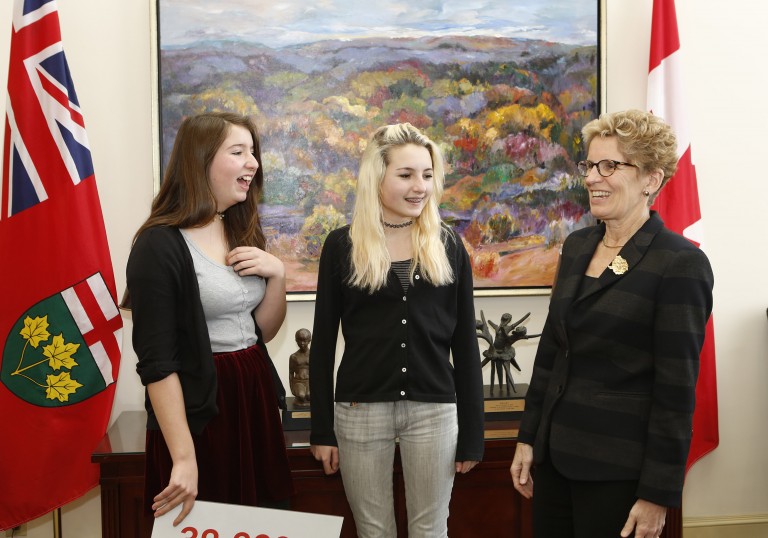Stacey Jacobs
COLUMNIST
A new year, a fresh start, and an opportunity to teach your children important facts and skills that will keep them healthy and safe. To do this, you must be open, and respect their privacy and bodies, as you respect your own. As parents and adults we often have double standards when it comes to children, which gives them potentially harmful and mixed messages.
Children should be taught that their body belongs to them and that they always get to decide what happens to it. This can begin at a very young age. Think back to when you were young and a relative came to visit. Were you told to hug aunt Grace hello, or kiss grandma goodbye? Did you want to? Did you try to say no, but were told to anyways?
We often force young children to touch adults in ways they do not wish to, even adults they barely know. This teaches children that they do not have autonomy over their own bodies. This could also be teaching them that they cannot say no to adults, even an adult who is trying to harm or abuse them.
We all know someone I’ll call a “hugger.” Someone who touches and squeezes without your consent and without noticing how uncomfortable it makes you feel. Wouldn’t it be amazing if this person asked if they could touch you? And wouldn’t it be fantastic if they respected your answer: no, you cannot! If we teach children that they must ask before they touch someone, and respect the answer they receive, we could have a world without “huggers,” where we all feel comfortable and respected.
We should also teach children that if someone touches them and they do not want to be touched, they should tell that person that they do not wish to be touched and to please stop. Let your child know that if someone is touching them without their permission they can tell you, even if this person says it is a secret. Be clear that parents and children do not have secrets.
Most of us are understandably fearful of rejection. That is why it is so important to teach children to accept, without taking personally, that people may reject their request for a hug, a kiss or a hand hold. If they have the option of saying no, so do others, and it often does not mean that the person does not like you. Communication is always important and sometimes a person is simply having a bad day or is not in the mood to be touched. Some people are never in the mood to be touched and this is okay.
By giving children the choice of whether or not to be touched, and teaching them to respect their body and the bodies of others, we are teaching and normalizing respect and consent in the next generation of adults. And this is a good thing.

